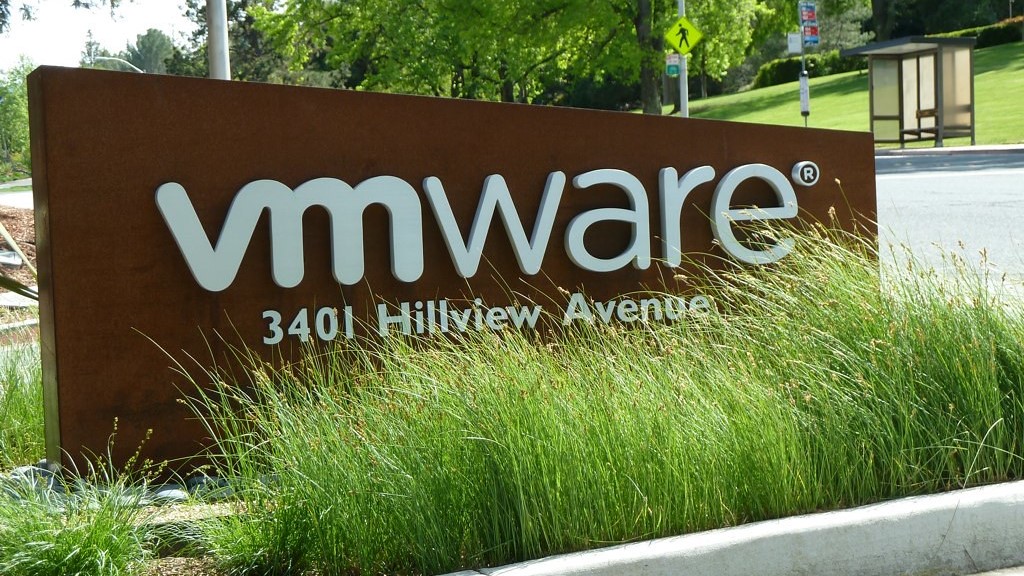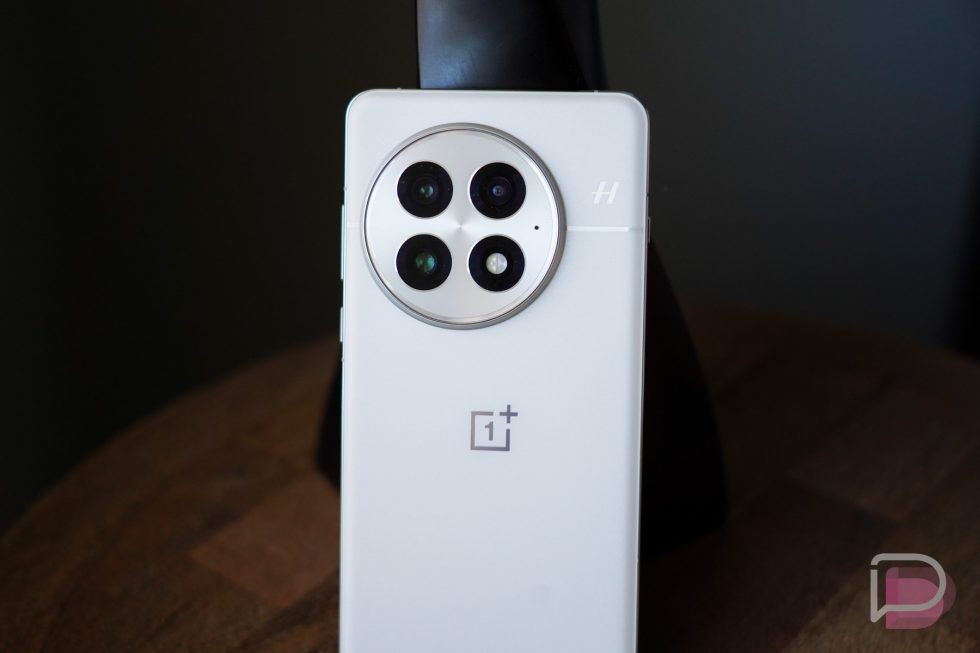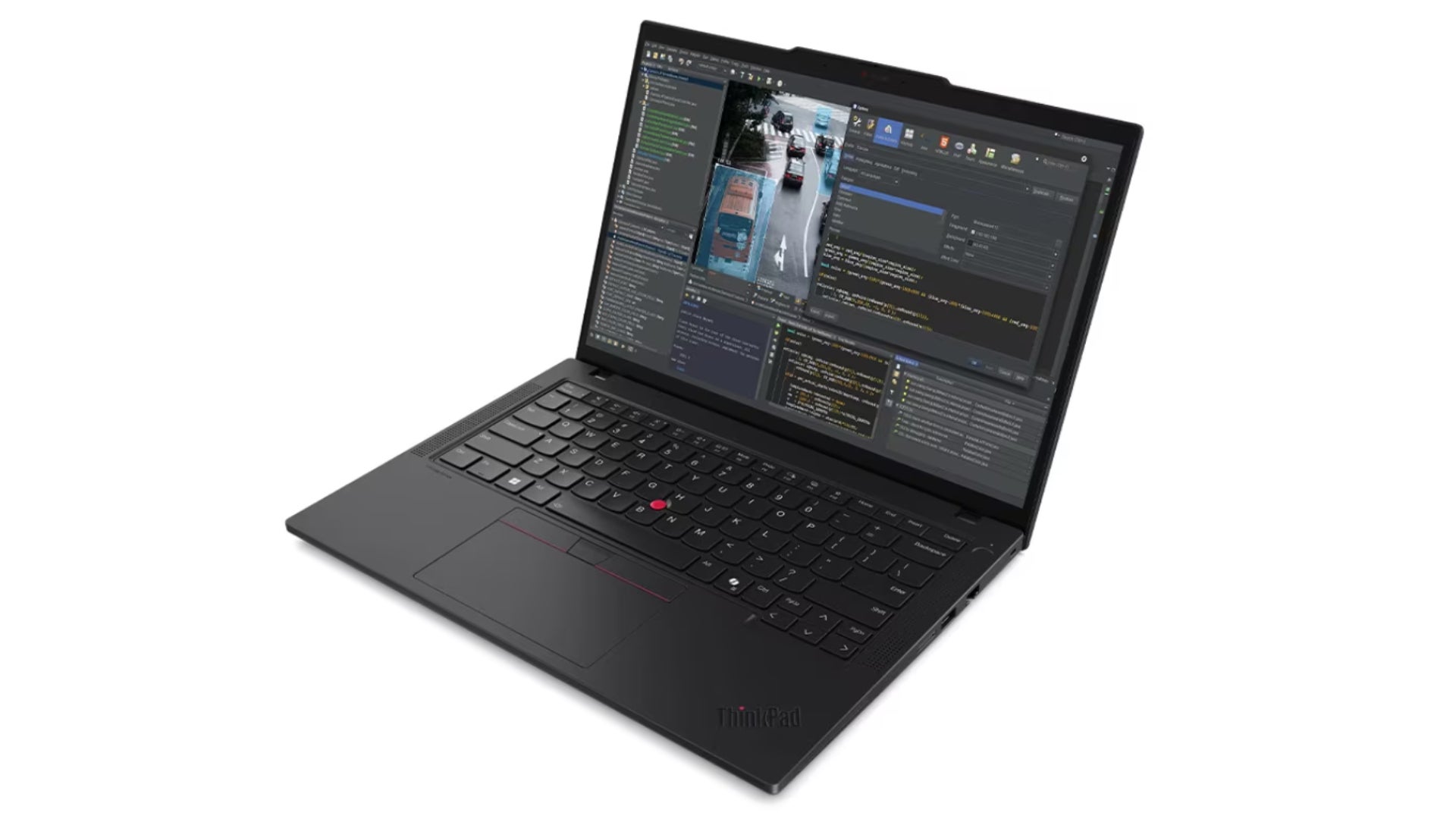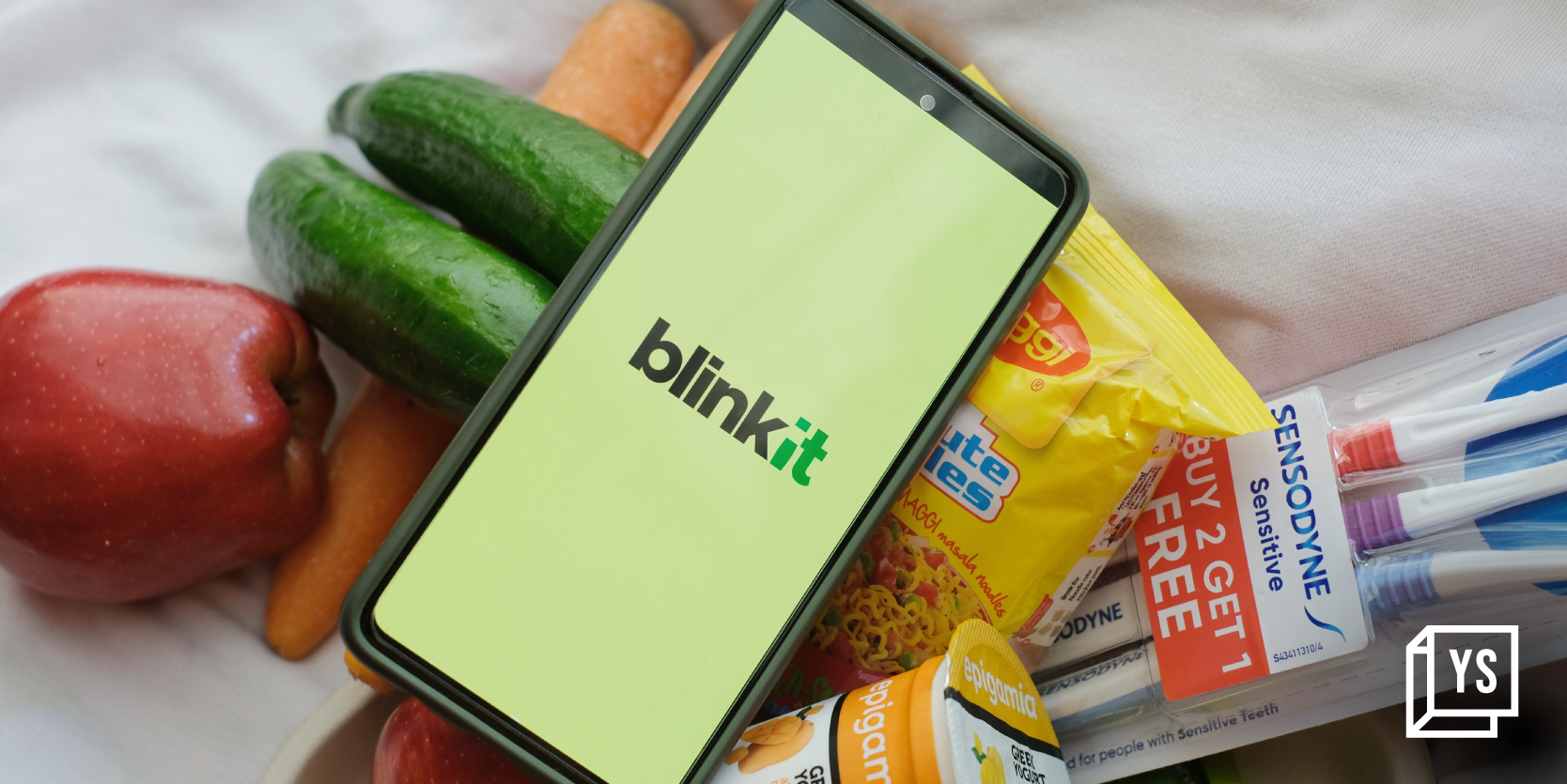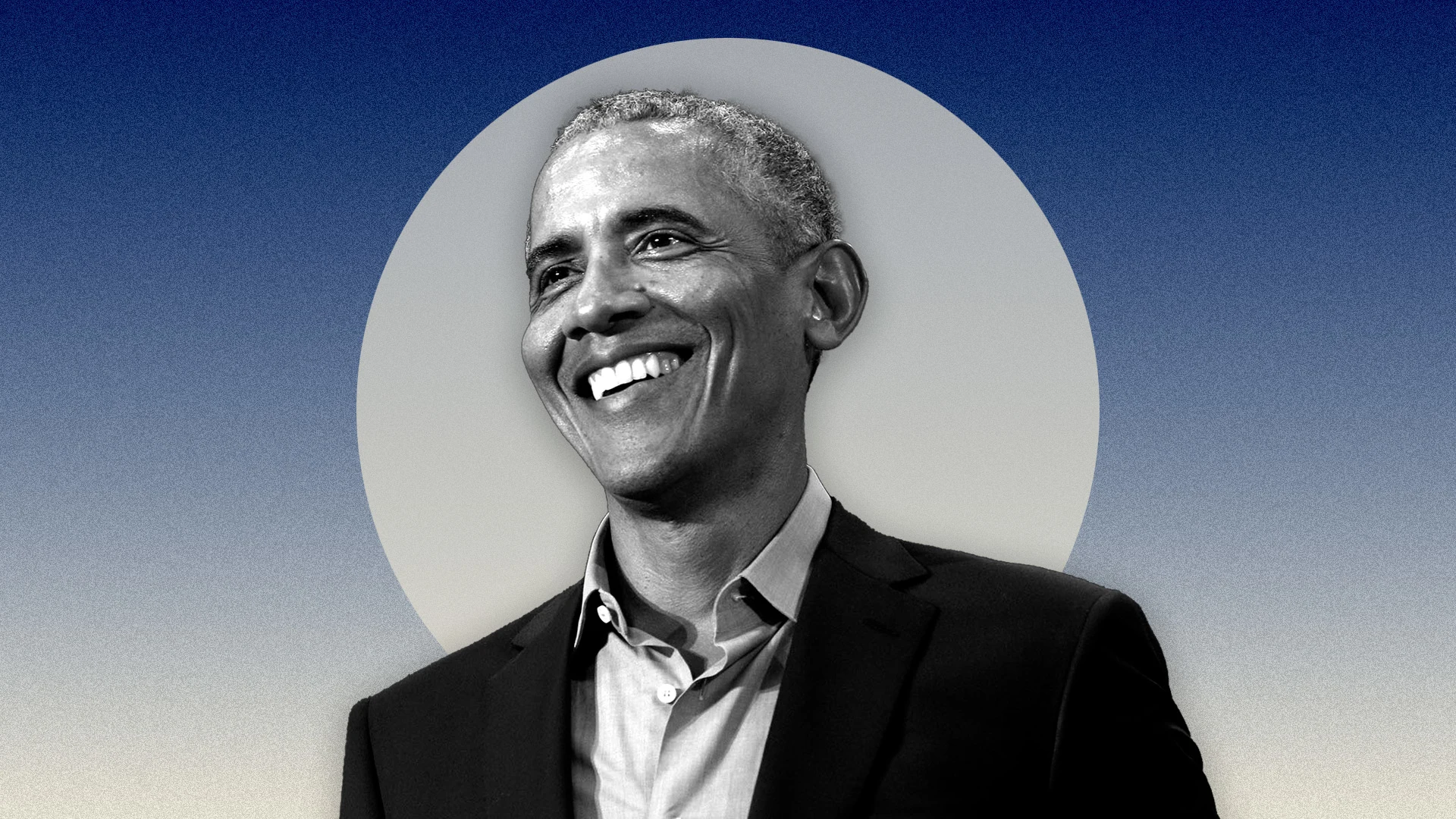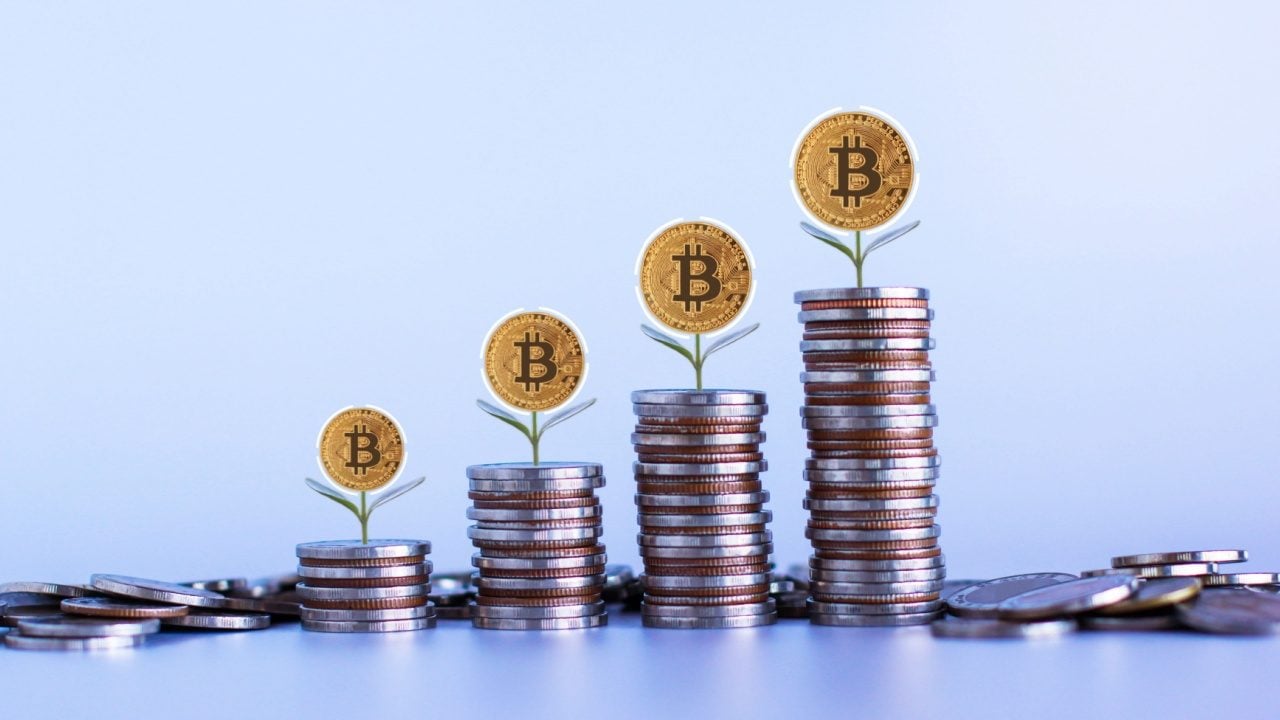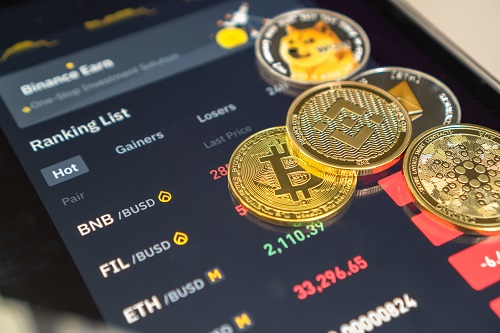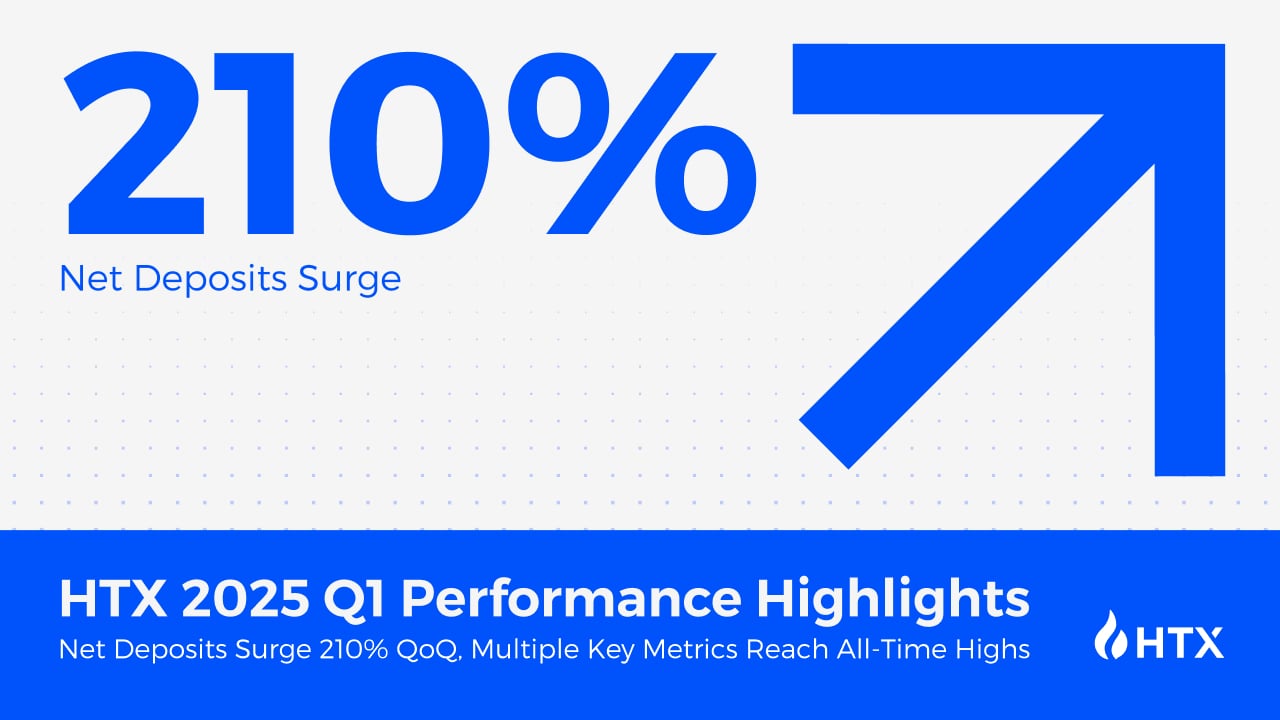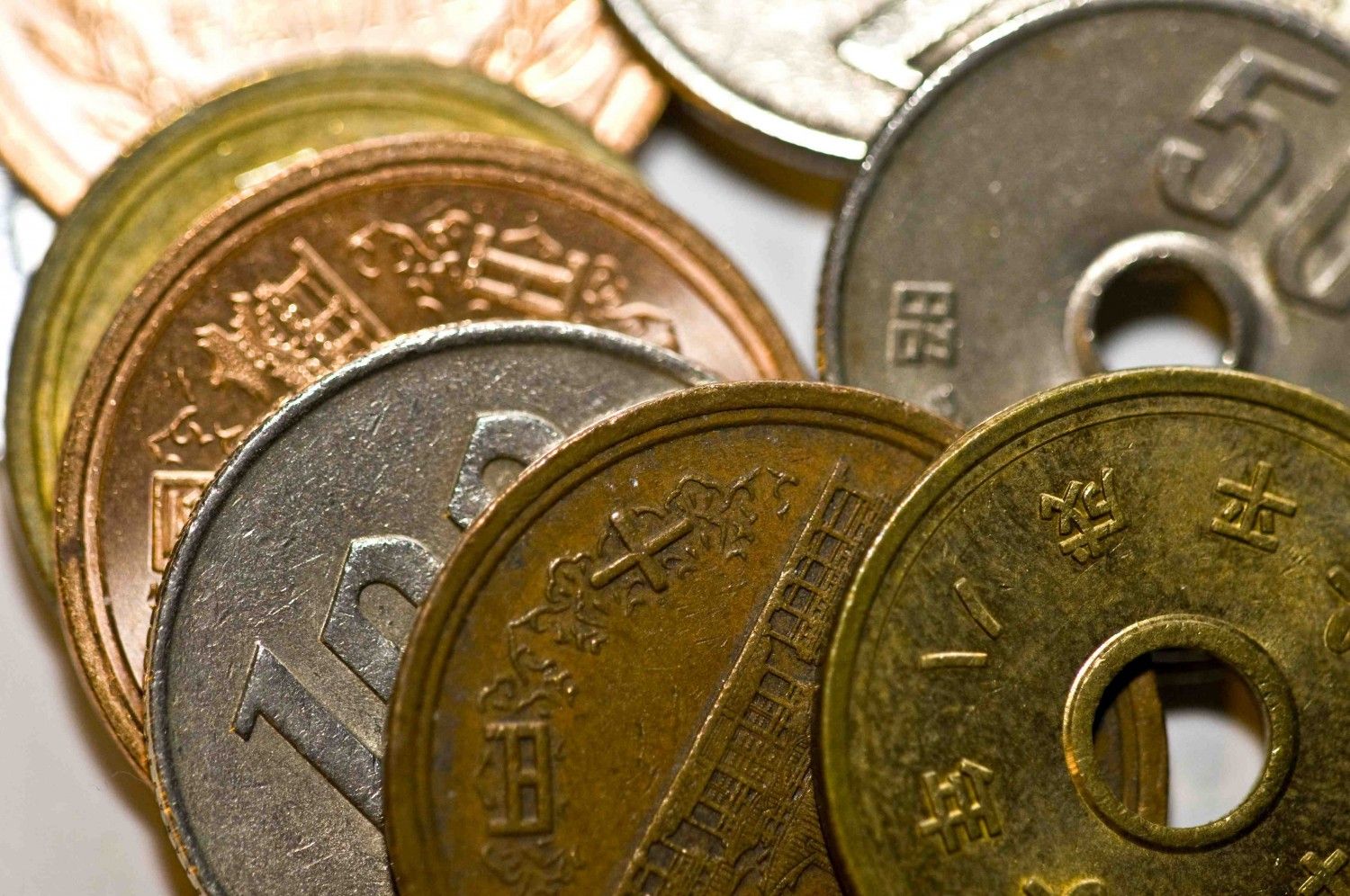Amazon, Shein, Temu prices could skyrocket as tariff loophole ends
You may not be aware of it, but purchases you’ve made though overseas online shops like Shein or AliExpress or Temu have snuck through an online loophole that limited how much you’ve paid. That loophole is now closed, thanks to the ongoing Trump tariffs — and it will likely get dramatically worse. A year ago, goods imported into the United States that were valued at less than $800 could be imported duty free, without being affected by tariffs. This was known as the de minimis exemption, and meant that individual consumers could largely escape any trade wars going on between nations, while still essentially being taxed for more expensive consumer goods and appliances. That way of doing business ended April 2 on goods imported from China, according to an executive order from President Trump that closed the de minimis exemption and applied a tariff of 30 percent. Now, that’s changed yet again. According to an amendment to the order filed Tuesday night, the United States is now dramatically raising de minimis tariffs in line with Trump’s existing tariffs on China, which as of April 9 stood at 104 percent. Now, the de minimis tariff also stands at a whopping 90 percent, up from 30 percent a few days ago. (Trump said Wednesday, April 9, that he is raising tariffs on Chinese goods yet again, to 125 percent, while lowering tariffs on all other countries to 10 percent for 90 days.) In addition, United States customs will also charge a tariff per “postal item,” or shipment, as well. Between May 2 and June 1, the “increase in per postal item containing goods” duty will be increased from $25 to $75. The order also includes a provision to boost this amount, after June 1, to $150. What this means for you: According to the amendment, the shop you buy from must report the value of the items, as well as the number of items, to U.S. Customs. Trump’s April 2 order was vague; it allows the U.S. government to apply a tariff of either 30 percent of the value of your order or else $25 per item. Now, Customs apparently can choose whether to tariff your shipment by 90 percent, or $75 per item. After June 1, the tariff rate (for now) is scheduled to remain the same, but U.S. Customs could increase the per-item tariff to a whopping $150 per item. So how much will you be taxed to import cheap goods into the U.S. today, or after June 1? It’s not clear. Temu, for example, is headquartered in Boston, but is owned by a Chinese holding company; Shein is based in Singapore, but many of its operations are in China, too. AliExpress, owned by Chinese titan The Alibaba Group, is probably most clearly subject to Chinese tariffs. But storefronts like Amazon will also be subject to the tariffs, and anything shipped from China to the U.S. via Amazon will be tariffed, too. What is clear is that if you’ve been used to buying cheap stuff — whether it be fast fashion or electronics — from Chinese shops or companies, those days appear to be over. Buckle up.

You may not be aware of it, but purchases you’ve made though overseas online shops like Shein or AliExpress or Temu have snuck through an online loophole that limited how much you’ve paid. That loophole is now closed, thanks to the ongoing Trump tariffs — and it will likely get dramatically worse.
A year ago, goods imported into the United States that were valued at less than $800 could be imported duty free, without being affected by tariffs. This was known as the de minimis exemption, and meant that individual consumers could largely escape any trade wars going on between nations, while still essentially being taxed for more expensive consumer goods and appliances.
That way of doing business ended April 2 on goods imported from China, according to an executive order from President Trump that closed the de minimis exemption and applied a tariff of 30 percent. Now, that’s changed yet again.
According to an amendment to the order filed Tuesday night, the United States is now dramatically raising de minimis tariffs in line with Trump’s existing tariffs on China, which as of April 9 stood at 104 percent. Now, the de minimis tariff also stands at a whopping 90 percent, up from 30 percent a few days ago. (Trump said Wednesday, April 9, that he is raising tariffs on Chinese goods yet again, to 125 percent, while lowering tariffs on all other countries to 10 percent for 90 days.)
In addition, United States customs will also charge a tariff per “postal item,” or shipment, as well. Between May 2 and June 1, the “increase in per postal item containing goods” duty will be increased from $25 to $75. The order also includes a provision to boost this amount, after June 1, to $150.
What this means for you: According to the amendment, the shop you buy from must report the value of the items, as well as the number of items, to U.S. Customs. Trump’s April 2 order was vague; it allows the U.S. government to apply a tariff of either 30 percent of the value of your order or else $25 per item. Now, Customs apparently can choose whether to tariff your shipment by 90 percent, or $75 per item. After June 1, the tariff rate (for now) is scheduled to remain the same, but U.S. Customs could increase the per-item tariff to a whopping $150 per item.
So how much will you be taxed to import cheap goods into the U.S. today, or after June 1? It’s not clear. Temu, for example, is headquartered in Boston, but is owned by a Chinese holding company; Shein is based in Singapore, but many of its operations are in China, too. AliExpress, owned by Chinese titan The Alibaba Group, is probably most clearly subject to Chinese tariffs. But storefronts like Amazon will also be subject to the tariffs, and anything shipped from China to the U.S. via Amazon will be tariffed, too.
What is clear is that if you’ve been used to buying cheap stuff — whether it be fast fashion or electronics — from Chinese shops or companies, those days appear to be over. Buckle up.























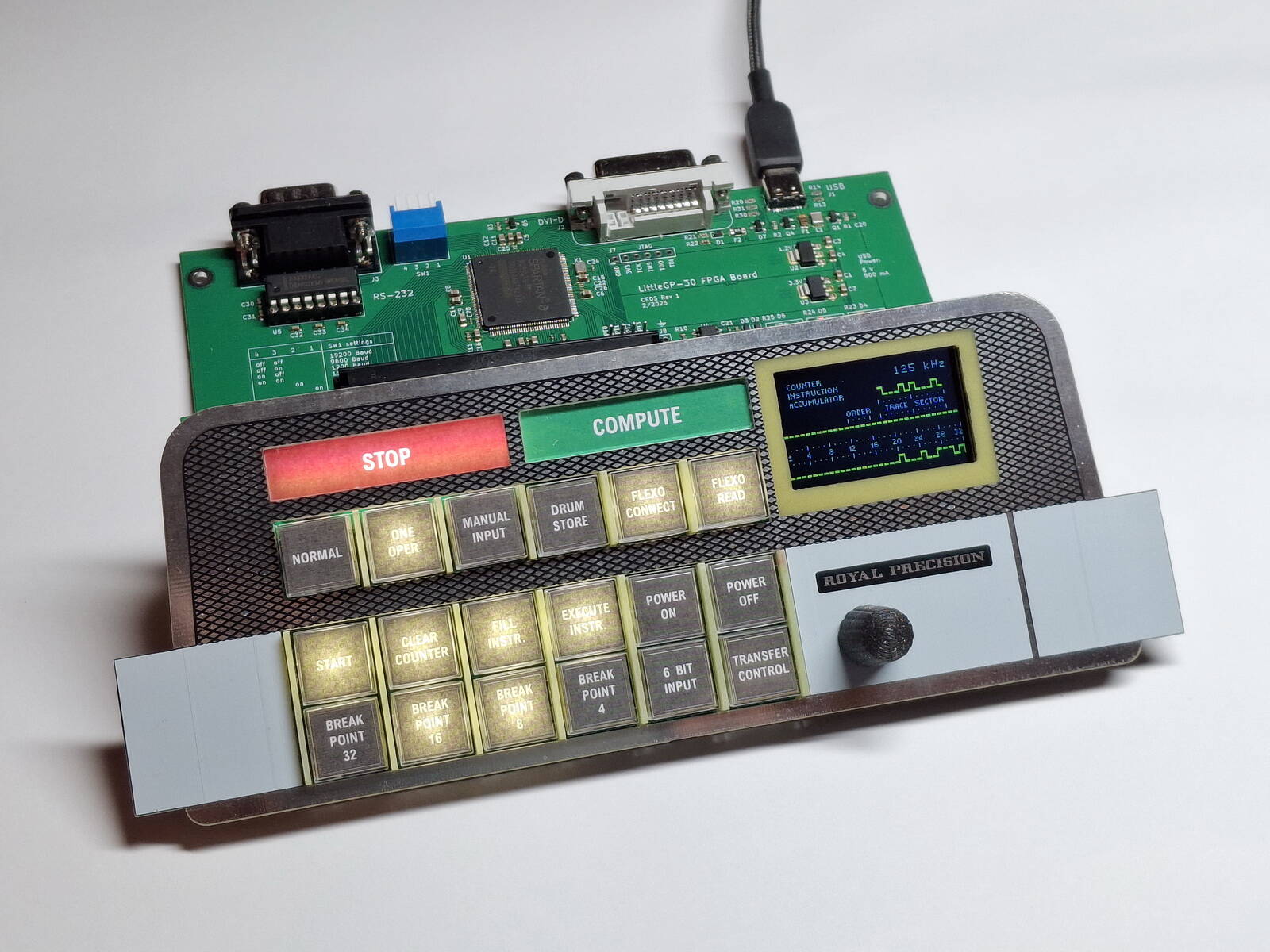



















































































































































![[The AI Show Episode 143]: ChatGPT Revenue Surge, New AGI Timelines, Amazon’s AI Agent, Claude for Education, Model Context Protocol & LLMs Pass the Turing Test](https://www.marketingaiinstitute.com/hubfs/ep%20143%20cover.png)















































































































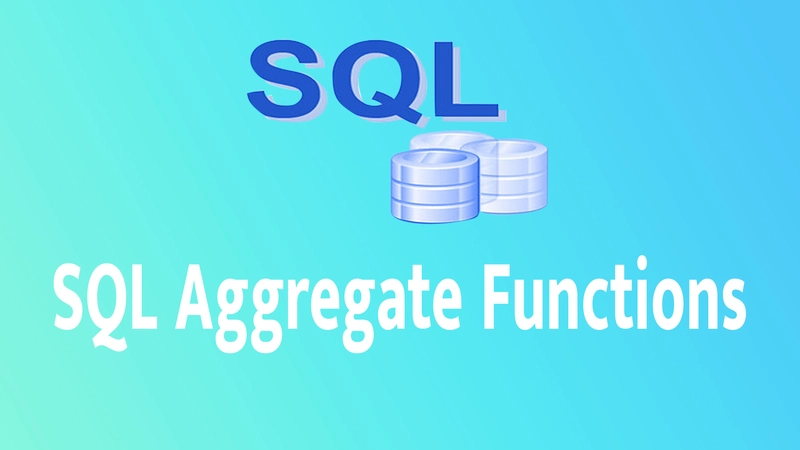

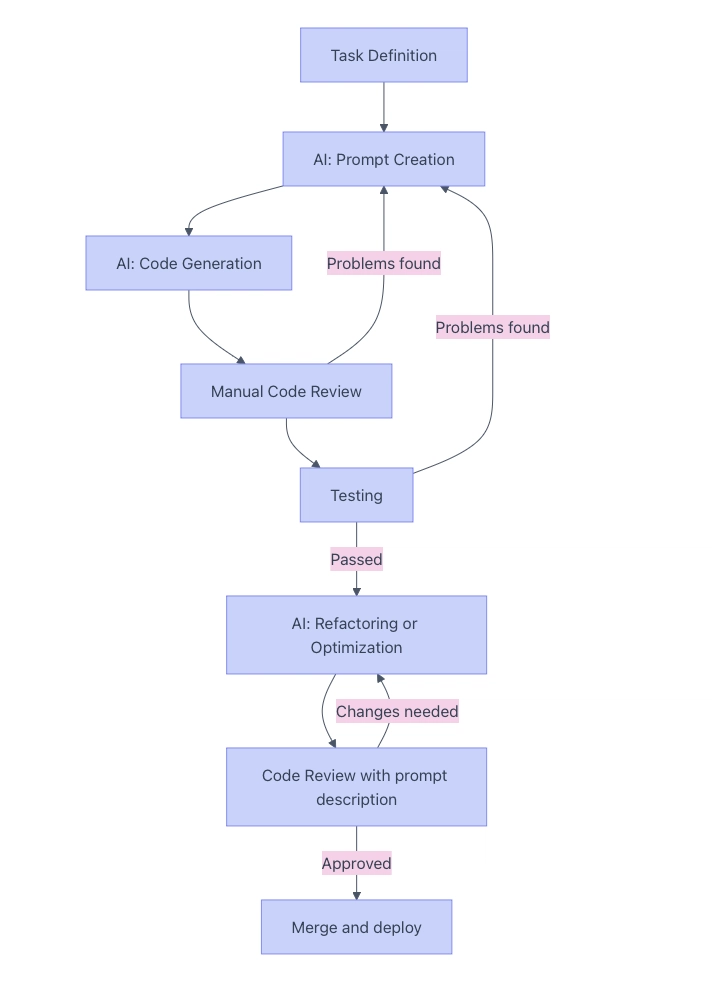




































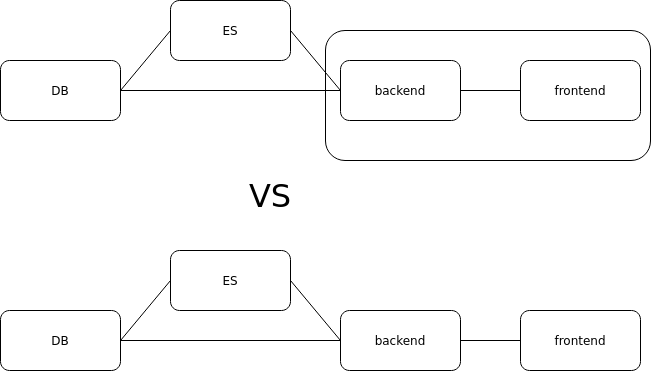























.png?width=1920&height=1920&fit=bounds&quality=70&format=jpg&auto=webp#)
























































.png?#)





















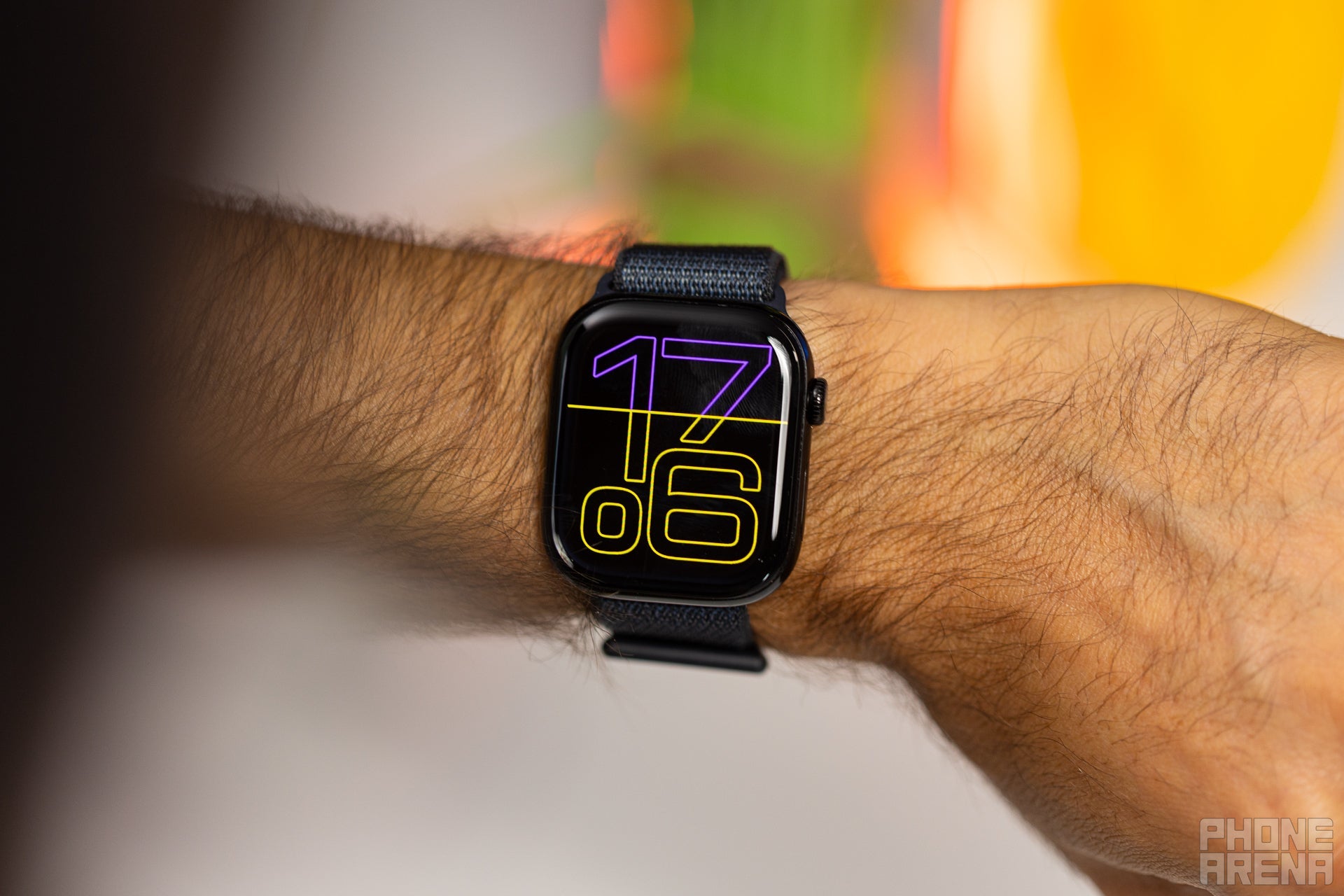
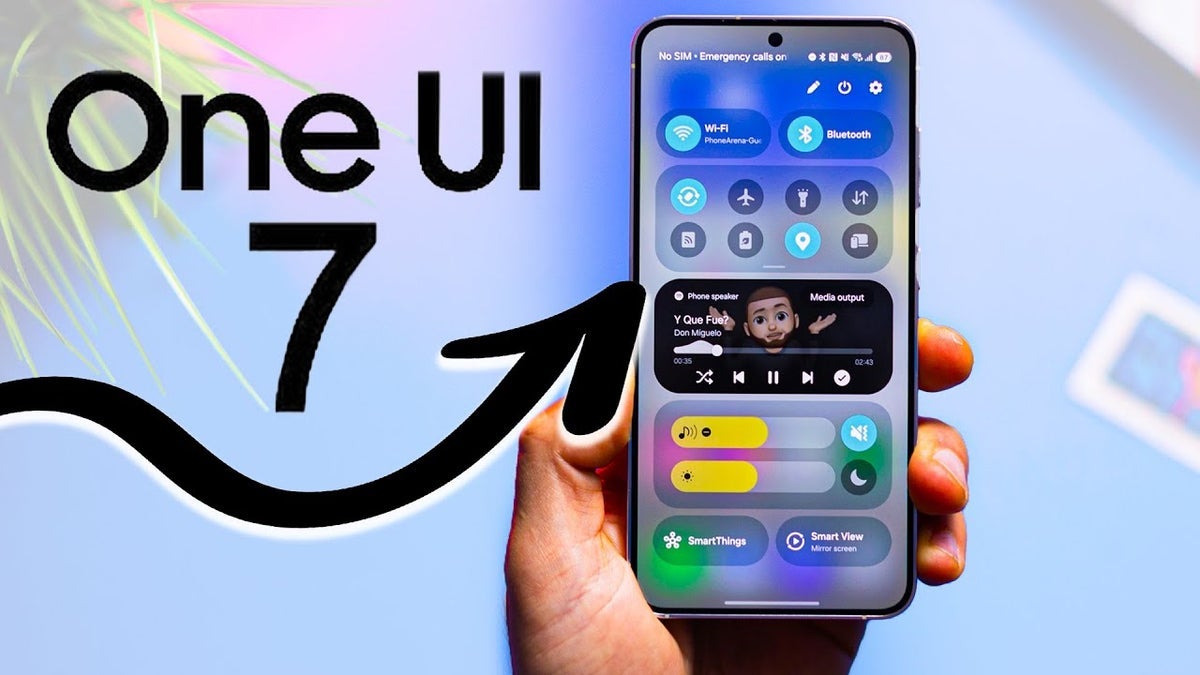





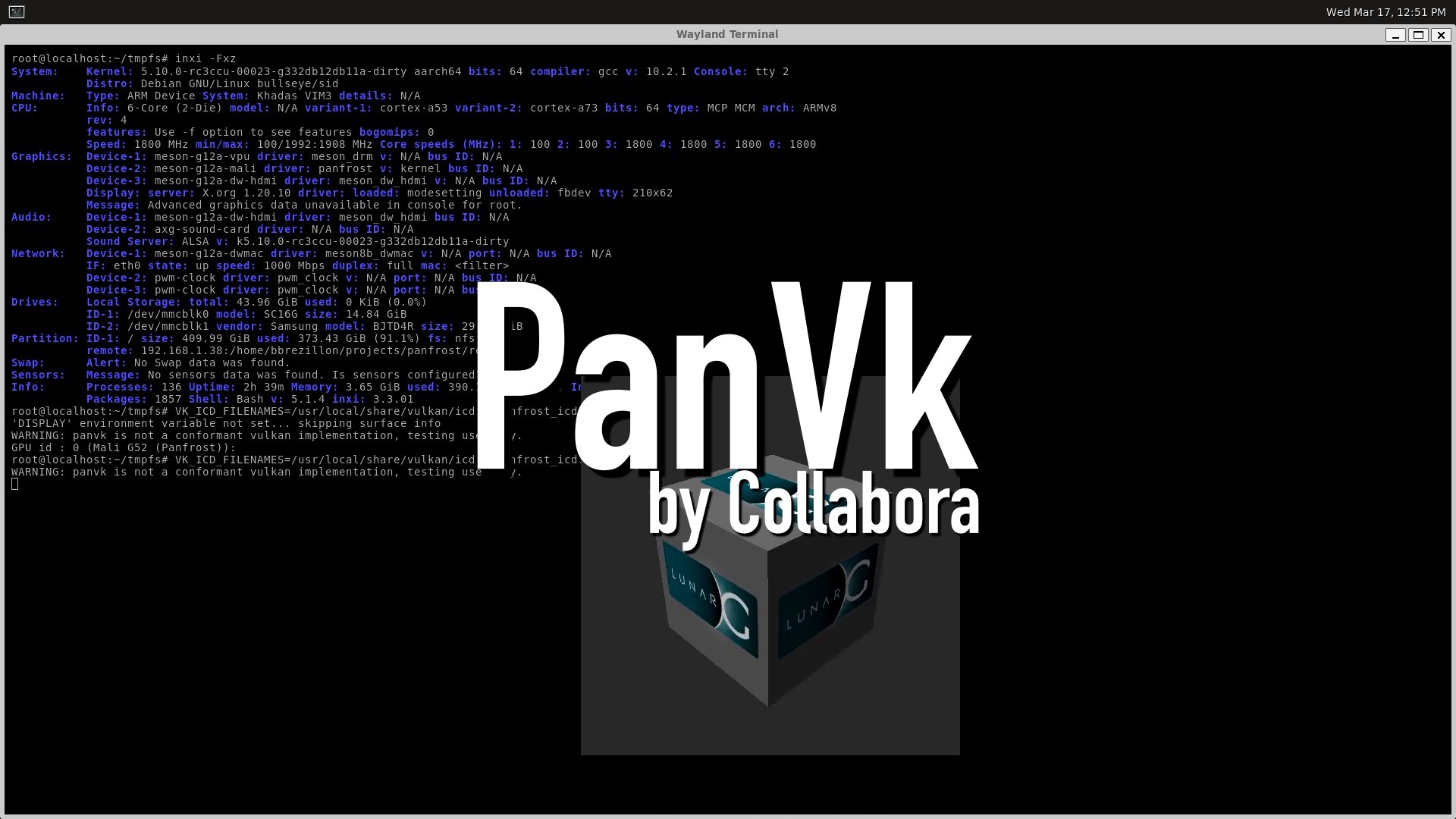






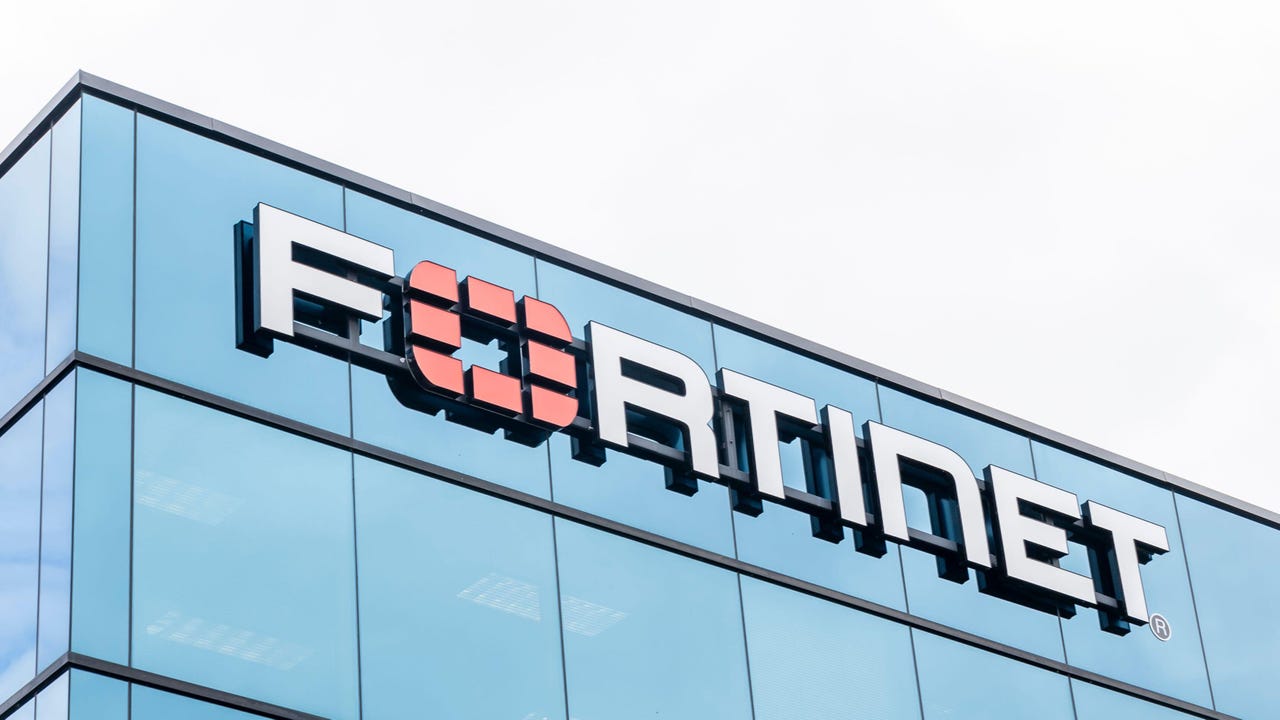

.webp?#)






































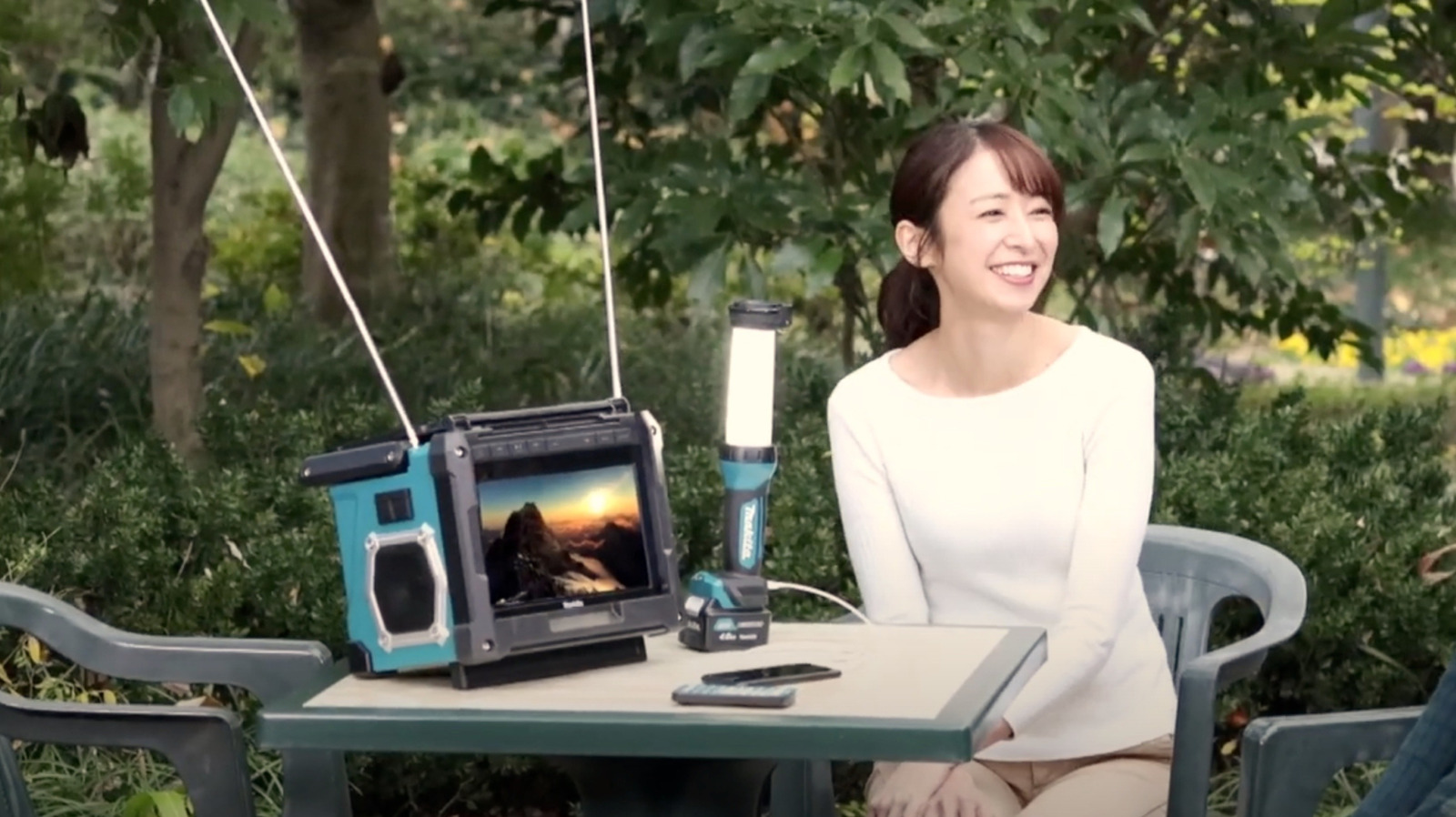













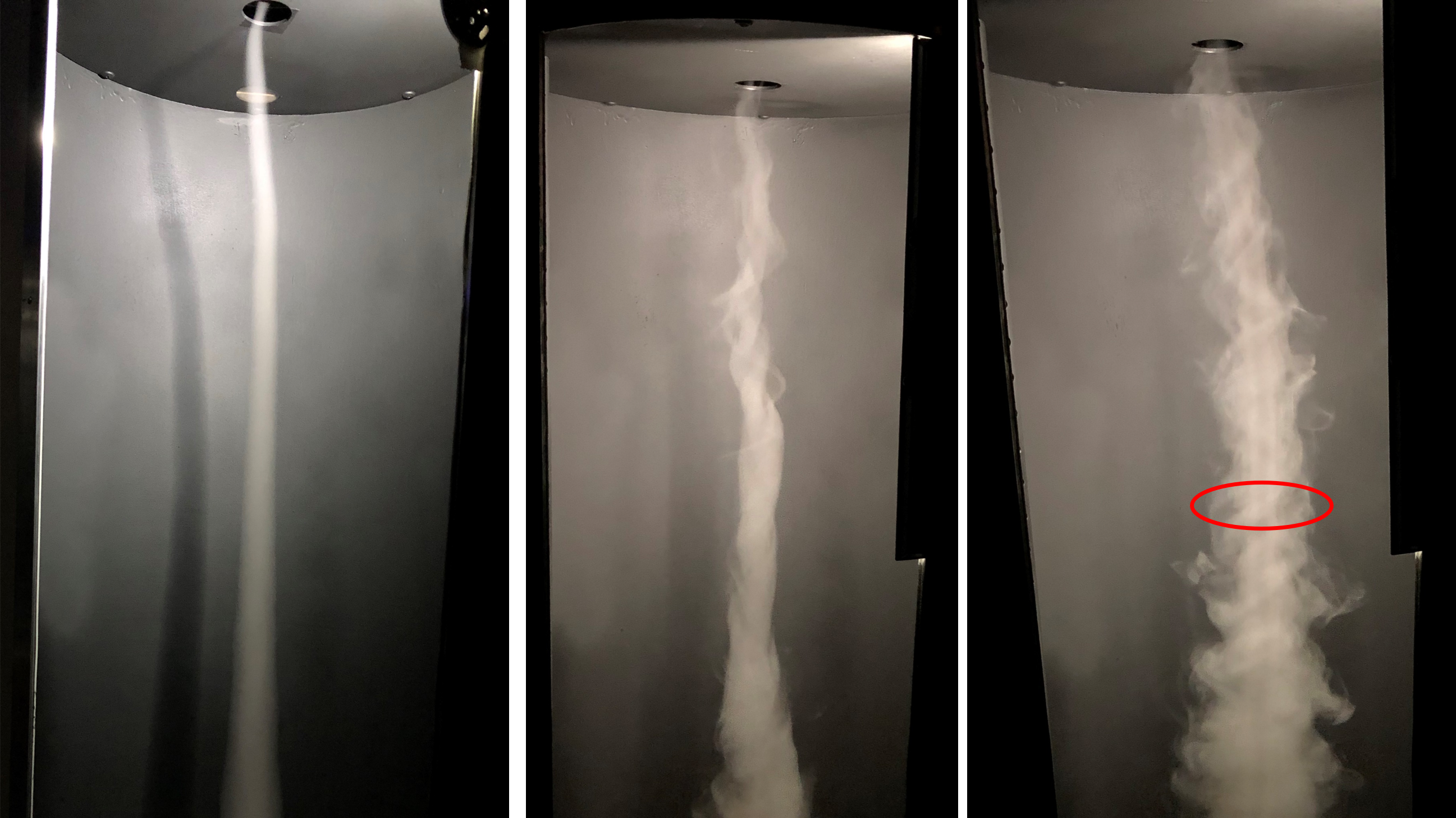
























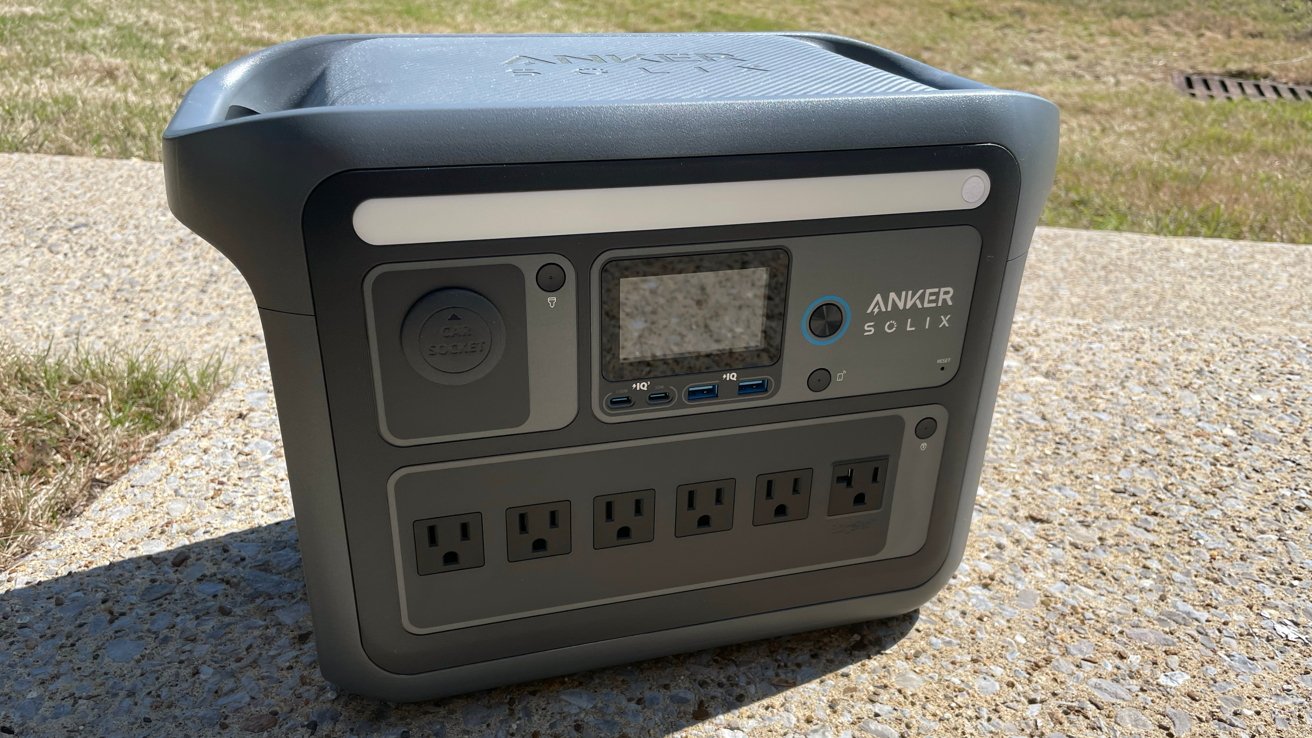





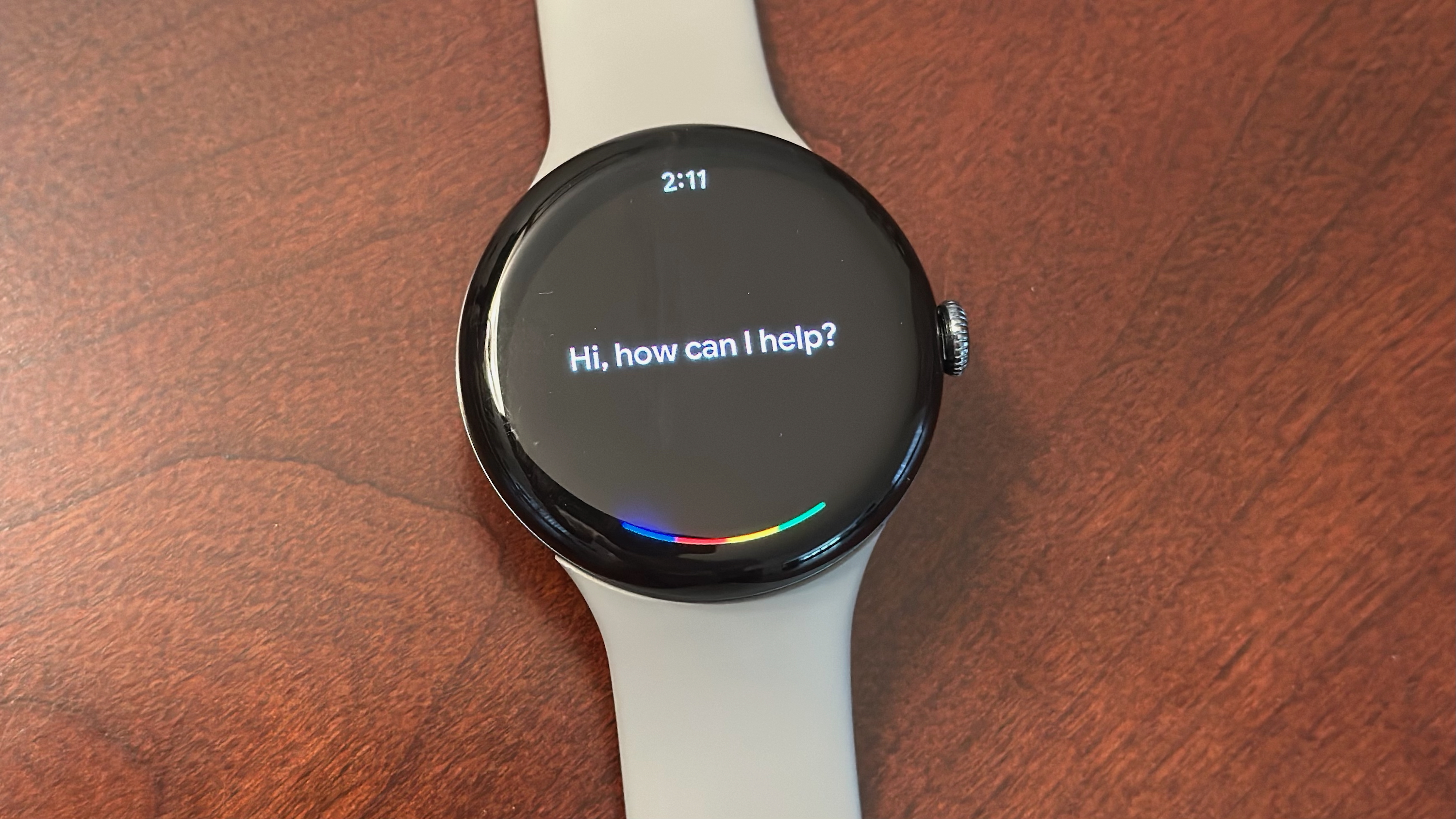
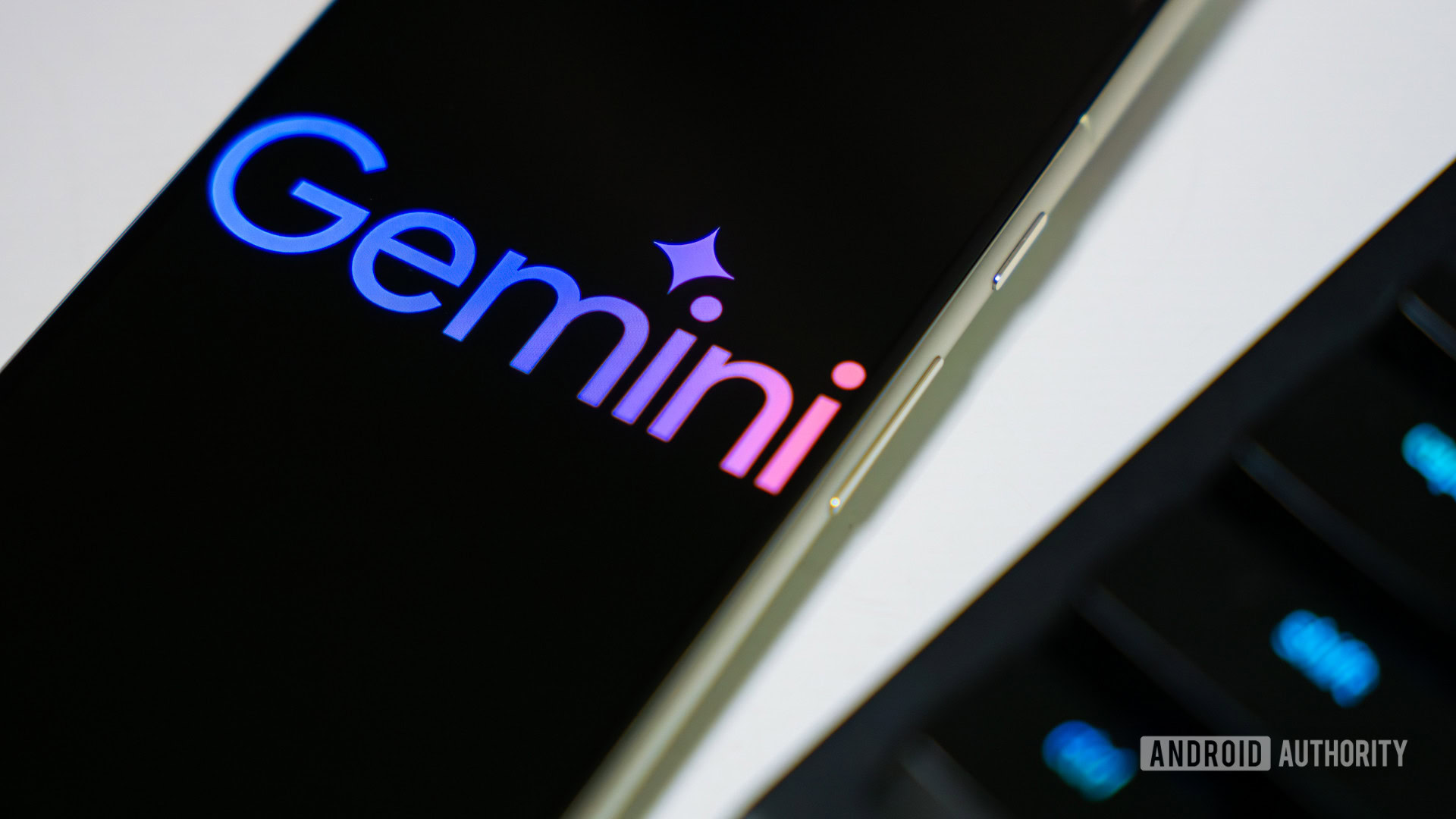
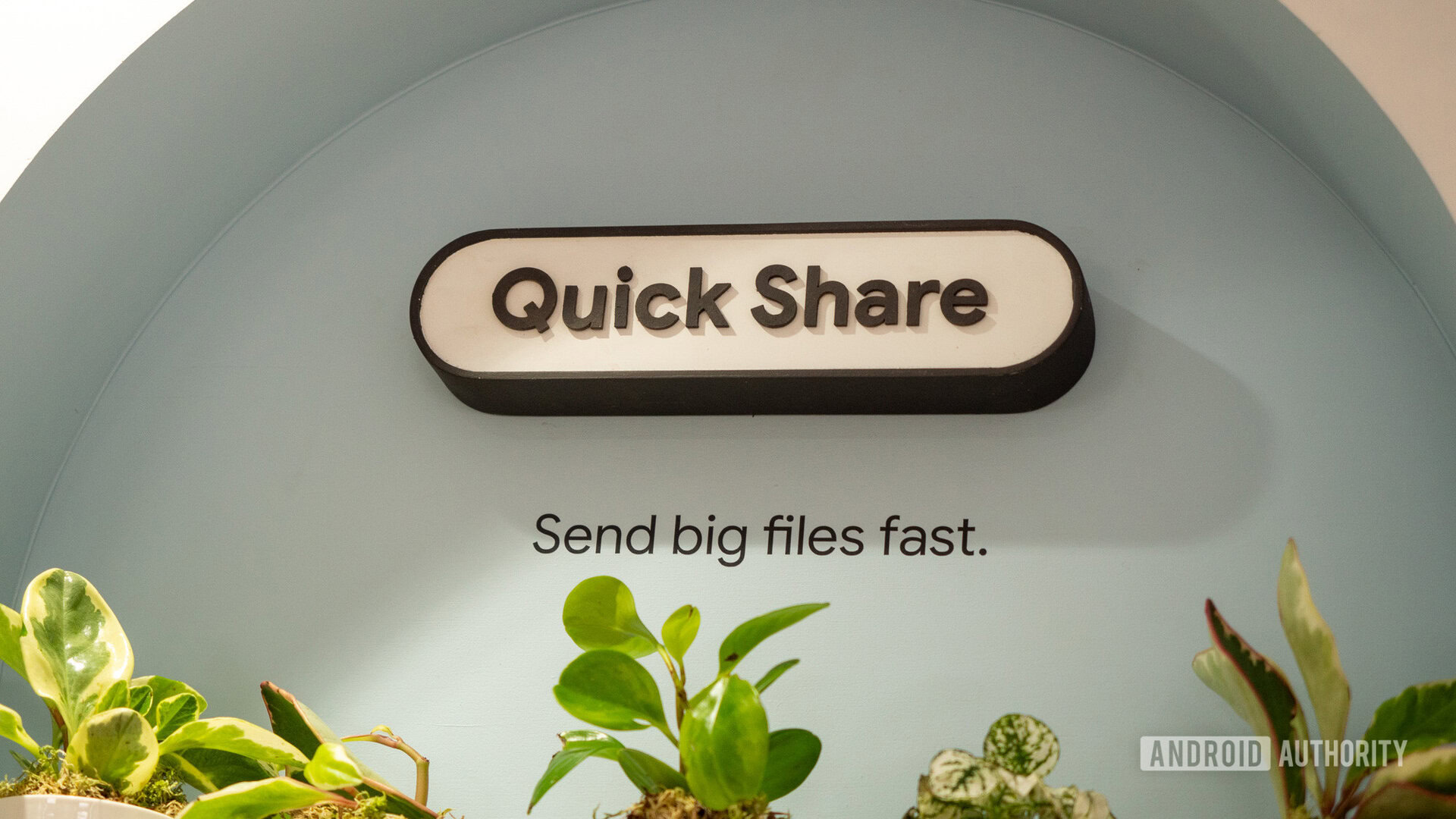





![[Fixed] Gemini app is failing to generate Audio Overviews](https://i0.wp.com/9to5google.com/wp-content/uploads/sites/4/2025/03/Gemini-Audio-Overview-cover.jpg?resize=1200%2C628&quality=82&strip=all&ssl=1)

![What’s new in Android’s April 2025 Google System Updates [U: 4/14]](https://i0.wp.com/9to5google.com/wp-content/uploads/sites/4/2025/01/google-play-services-3.jpg?resize=1200%2C628&quality=82&strip=all&ssl=1)








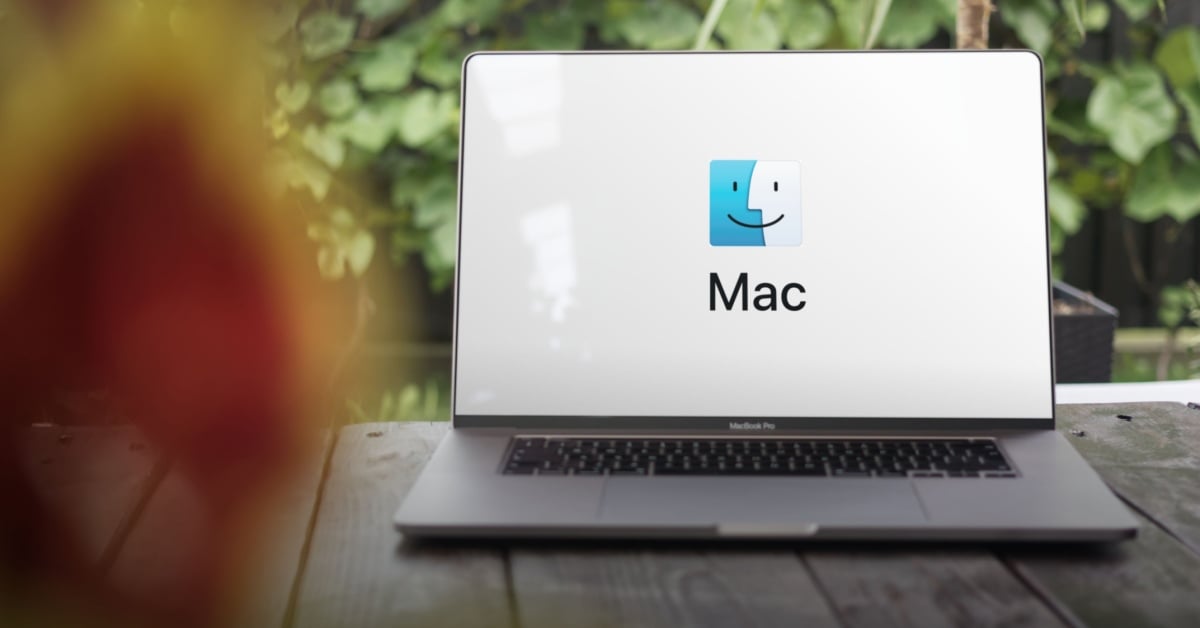


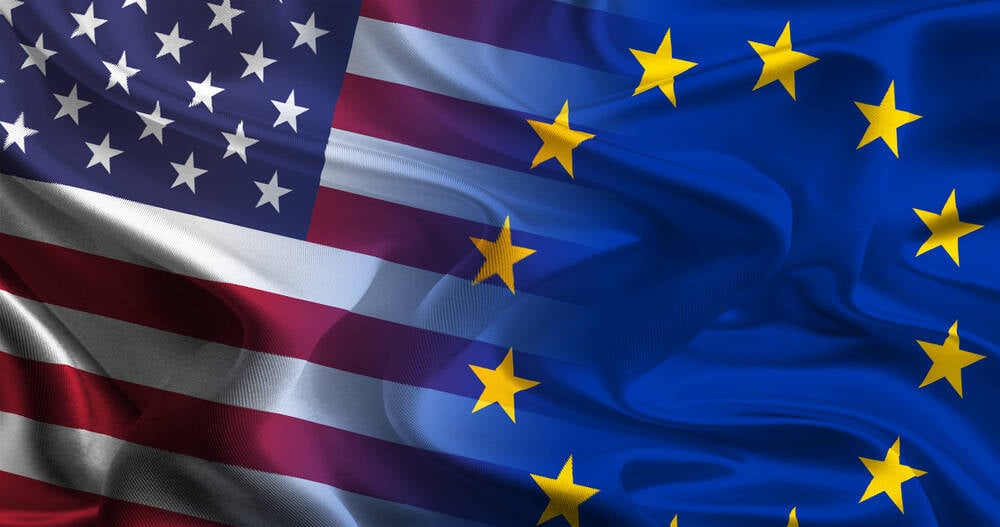
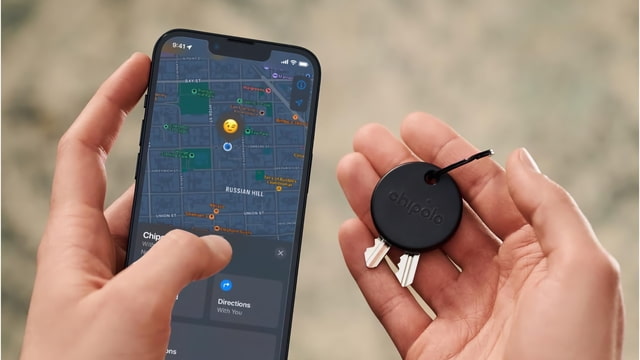
![Apple Seeds tvOS 18.5 Beta 2 to Developers [Download]](https://www.iclarified.com/images/news/97011/97011/97011-640.jpg)
![Apple Releases macOS Sequoia 15.5 Beta 2 to Developers [Download]](https://www.iclarified.com/images/news/97014/97014/97014-640.jpg)














